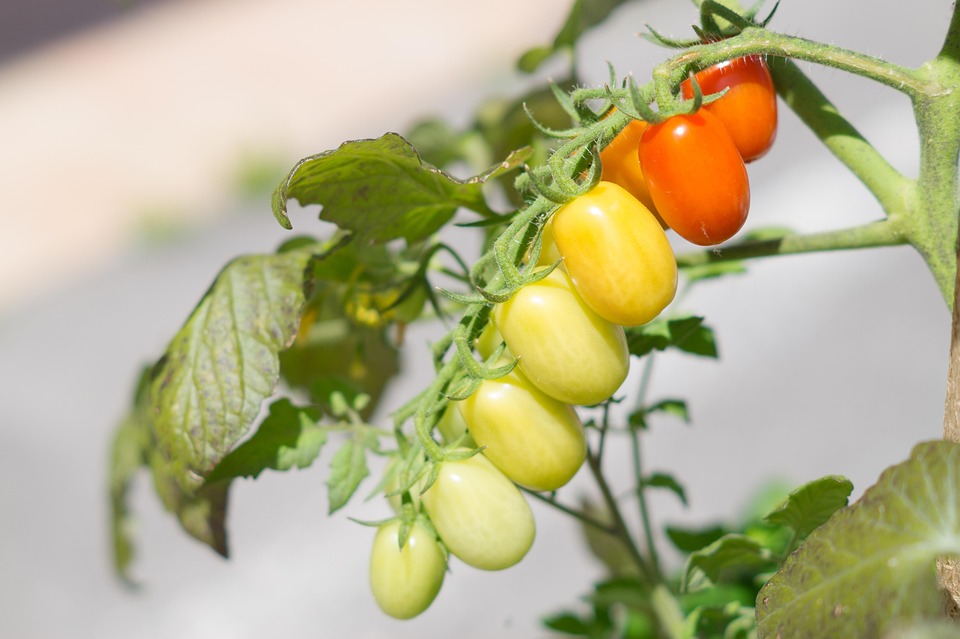Food
What Is the Mediterranean Diet? A Complete Guide

If you’ve heard about the Mediterranean diet and felt a little curious, you’re not alone! This eating style is not just a passing trend; it’s a lifestyle that’s been embraced for years, celebrated not only for its flavors but also for its health benefits. Picture sunny shores, olive oil, fresh veggies, and seafood—that’s the vibe we’re talking about. So, let’s dig into what makes this way of eating so special!
The Basics of the Mediterranean Diet
At its core, the Mediterranean diet is based on the traditional eating habits of countries bordering the Mediterranean Sea, like Italy, Greece, and Spain. Instead of being a strict meal plan, it’s more of a guideline for wholesome eating that promotes balance, variety, and freshness.
What You’ll Find on Your Plate
You might be wondering, “Okay, but what exactly do I eat?” Here’s a quick breakdown:
- Fruits and Vegetables: Think of colorful plates filled with seasonal produce like tomatoes, spinach, bell peppers, berries, and citrus fruits.
- Whole Grains: Instead of refined grains, you’ll enjoy whole grains like brown rice, quinoa, and whole wheat bread.
- Healthy Fats: Olive oil reigns supreme here! Itacts as the primary source of fat, offering heart-healthy benefits. Nuts and seeds also come into play.
- Seafood: Fish, especially fatty fish like salmon and sardines, are encouraged due to their omega-3 content.
- Legumes: Beans, lentils, and chickpeas not only add protein but are also rich in fiber.
- Dairy: Enjoy moderate amounts of yogurt and cheese, preferably from sheep or goats.
- Herbs and Spices: Flavor your meals with plenty of herbs and spices instead of relying heavily on salt.
And of course, let’s not forget a little something to wash it all down—a glass of red wine is often accepted as part of the lifestyle in moderation.
What You Should Limit
Like any good guide, the Mediterranean diet isn’t all about what you can eat; it also suggests mindful choices regarding what to skip or limit:
- Red Meat: Save that juicy steak for special occasions. It’s recommended to have it sparingly.
- Processed Foods: Packaged snacks and sugary treats? Not so much! The focus is on fresh, whole foods.
- Added Sugars: Desserts are allowed but try to keep sugar in moderation.
Why Mediterranean? The Health Benefits
You might be asking, “What’s the big deal?” Well, research has shown that this dietary pattern is associated with a myriad of health benefits. Here’s a breakdown:
Heart Health
Studies have consistently shown that following this diet can lead to lower risks of heart disease. The combination of healthy fats, fiber, and antioxidants can significantly reduce blood pressure and cholesterol levels. According to a Harvard Health article, the Mediterranean diet has been linked to reduced cardiovascular risk factors.
Weight Management
Enjoying flavorful, satisfying meals without the hunger pangs—sounds too good to be true, right? But many who adopt this diet report feeling full and satisfied, which can naturally lead to balanced eating and weight management.
Brain Health
There’s also growing evidence suggesting that the Mediterranean diet can help protect the brain. Eating lots of fruits, vegetables, and healthy fats may contribute to a lower risk of Alzheimer’s disease and other cognitive declines.
Balanced Lifestyle
Beyond the food, the Mediterranean lifestyle encourages shared meals and enjoying life, emphasizing the importance of social connections and physical activity. Picture this: friends and family gathering for a meal, laughter, and good conversations. It’s a holistic way to support mental wellness, too.
How to Start the Mediterranean Diet
So, how do you get started? It might seem daunting, but it’s actually pretty straightforward. Here’s a step-by-step approach:
1. Stock Your Pantry
Begin by cleaning out your pantry. Toss the processed snacks and sugary beverages. Replace them with olive oil, whole grains, a variety of dried herbs, and plenty of canned or dried legumes.
2. Embrace Seasonality
Plan your meals around seasonal fruits and vegetables. Not only do they taste better, but they’re usually cheaper at local markets.
3. Experiment with New Recipes
There are incredible Mediterranean recipes just waiting to be discovered. From tabbouleh to ratatouille, make cooking an adventure! YouTube channels and food blogs are filled with easy-to-follow tutorials.
4. Enjoy Mindfully
When you sit down to eat, make it a point to savor each bite. Try putting away distractions like phones and televisions. This will help you appreciate the flavors and textures of your food more.
5. Stay Active
Incorporate physical activity into your lifestyle. Whether it’s a brisk walk, dancing, or yoga, find something you enjoy. Remember, movement complements this diet beautifully!
Integrating It Into Your Life
Transforming your eating habits can take time, so don’t rush it. Start small, perhaps by introducing more plant-based meals or trying new grains. You don’t need to adhere strictly to every component; the key is balance and enjoying the foods that make you feel good.
Consider Community Resources
Look for local Mediterranean restaurants or cooking classes. Diving deeper into this culinary world can offer a delightful experience and might even inspire you to try your hand at cooking!
Adopting the Mediterranean diet means choosing a vibrant, flavorful way of eating that not only pleases the palate but also nurtures the body and soul. Plus, the best part is that it’s not just about the food—it’s about creating a lifestyle that values health, balance, and enjoyment. So whether you’re having a leisurely dinner by the sea or a quick lunch at home, embrace these delicious choices and get ready to enjoy your new Mediterranean-inspired journey!
